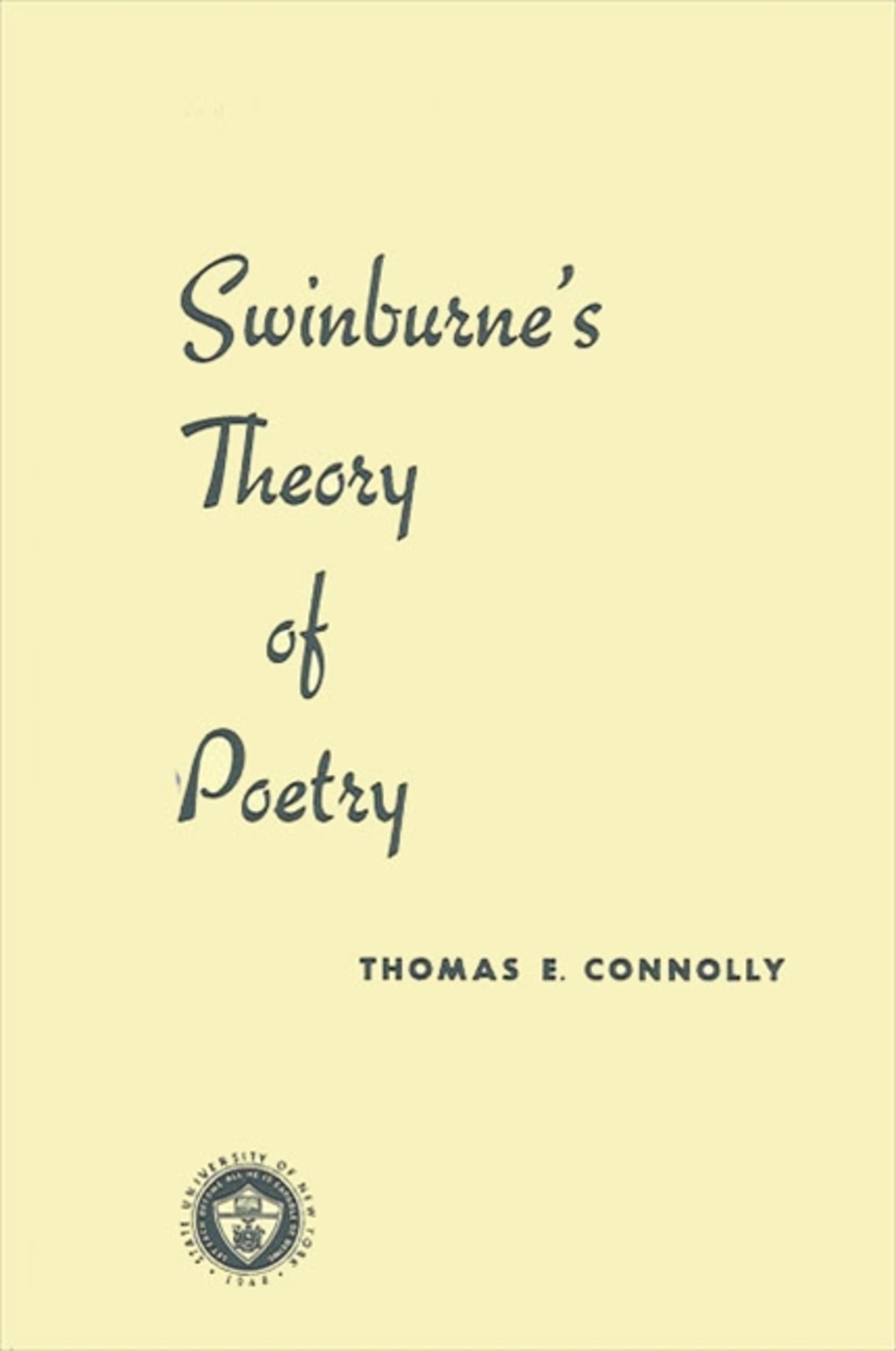We're sorry. An error has occurred
Please cancel or retry.
Swinburne's Theory of Poetry

Some error occured while loading the Quick View. Please close the Quick View and try reloading the page.
Couldn't load pickup availability
- Format:
-
30 June 1965

Charles Algernon Swinburne's literary reputation rests almost exclusively upon his poetry, and though his critical writings were voluminous, they are usually slighted by literary historians. Examinations of Swinburne's aesthetic principles, too, are generally based upon interpretations of his poetry, though these may be as misleading as the discrepancies between other artists' principles and practices.
Believing that a solid and consistent core of poetic theory underlay all of Swinburne's critical essays, casual pieces, and letters, Professor Connolly has attempted to reconstruct the theory from a careful analysis of this body of writing. In this book he sets forth his findings as general principles and as they apply to lyric and dramatic poetry.
"Swinburne was a far sounder and more consistent critic than he is usually given credit for being," Professor Connolly concludes, "and the various critical principles that can be discovered in his essays hang together in a more integrated theory of poetry than is usually imagined. He had, as other critics had, a number of basic principles and themes that he used with astonishing versatility in his criticism. The successful poet who is also a critic usually has a valuable contribution to make to the general understanding and appreciation of poetry. Swinburne, in this respect, was not an exception."


Preface
Part I—General Principles
1. Le Beau Serviteur du Vrai
2. The Nature of the Poet and the Subject of Poetry
Part II—Lyric Poetry
3. Passion and Imagination
4. The Music of Poetry
Part III—Dramatic Poetry
5. General Principles of Dramatic Poetry
6. Tragedy, Comedy, and the Historical Drama
Part IV—Conclusion
7. Conclusion
Works Cited in This Study



